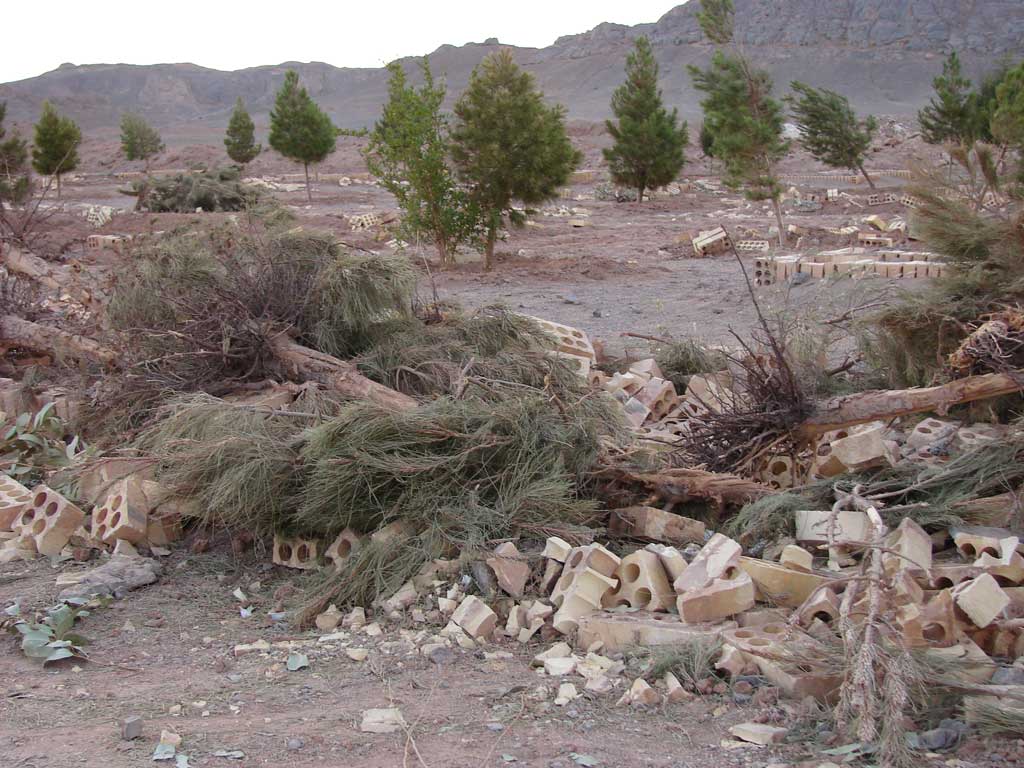|
Persecution Of Bahรกสผรญs
Bahรกสผรญs are persecuted in various countries, especially in Iran, where the Bahรกสผรญ Faith originated and where one of the largest Bahรกสผรญ populations in the world is located. The origins of the persecution stem from a variety of Bahรกสผรญ teachings which are inconsistent with traditional Islamic beliefs, including the finality of Muhammad's prophethood, and the placement of Bahรกสผรญs outside the Islamic religion.Mottahedeh, Roy, ''The Mantle of the Prophet : Religion and Politics in Iran'', One World, Oxford, 1985, 2000, p.238 Thus, Bahรกสผรญs are seen as apostates from Islam. Bahรกสผรญ spokespeople, as well as the United Nations, Amnesty International, the European Union, the United States, and peer-reviewed academic literature have stated that the members of the Bahรกสผรญ community in Iran have been subjected to unwarranted arrests, false imprisonment, beatings, torture, unjustified executions, confiscation and destruction of property owned by Bahรกสผรญ individuals ... [...More Info...] [...Related Items...] OR: [Wikipedia] [Google] [Baidu] [Amazon] |
